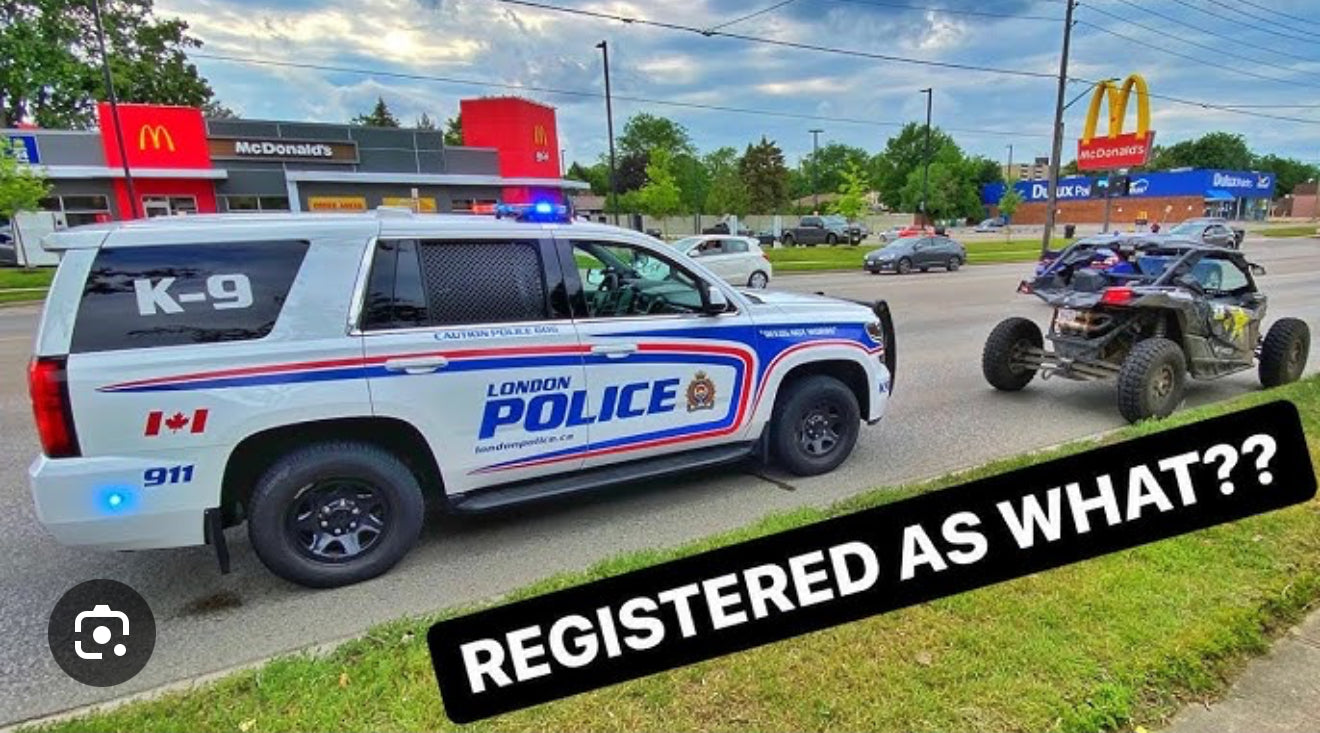Great question. Let me break this down clearly and in a legal-contextual way why your SXS is legal in all states:
1. Federal Basis for Reciprocity
There is not a single statute literally titled “Federal Reciprocity Act.” Instead, reciprocity in vehicle registration stems from a combination of:
- The U.S. Constitution’s Full Faith and Credit Clause (Article IV, Section 1) – requiring states to recognize the public acts, records, and judicial proceedings of other states. Vehicle titles and registrations fall under this umbrella.
- The Privileges and Immunities Clause (Article IV, Section 2) – ensuring citizens of each state are entitled to the privileges of citizens in other states, including lawful travel with vehicles.
- Federal Right to Interstate Travel (case law) – Courts have long held that states cannot unreasonably burden citizens moving between states with their legally registered vehicles.
- Interstate Compacts & Reciprocity Agreements – Many states also directly adopt statutes or agreements acknowledging each other’s registrations.
2. Practical Application
Because of these principles:
- A vehicle lawfully titled and registered in one state must generally be recognized as valid by other states when that vehicle enters, exits, or passes through.
- This is why someone with a New York plate can drive into New Jersey without having to re-register.
- Police may still enforce local operational laws (speed limits, equipment requirements while on the road), but they cannot invalidate a valid out-of-state registration merely because the vehicle was registered under another state’s framework.
3. Specialty vs. Standard Vehicles
This reciprocity applies to both standard passenger vehicles and specialty vehicles (e.g., RVs, side-by-sides, custom builds), provided that:
- The vehicle has been lawfully titled and registered under the laws of its “home” state.
- The registration is not fraudulent or a sham (e.g., “garage jurisdiction” cases where someone pretends to live in another state solely to avoid taxes may be contested if residency laws are implicated).
- The vehicle’s classification is one that the issuing state recognizes (e.g., Montana recognizes side-by-sides as quadricycles; that recognition carries weight in other states under reciprocity).
4. Case Law & Precedent
- Hess v. Pawloski (1927) – established that states cannot deny non-resident motorists the right to use their highways, provided the vehicle is properly registered in its home state.
- State v. Stone (various jurisdictions) – state courts have repeatedly ruled that out-of-state registrations must be honored unless there is a clear fraud or residency violation.
- Many states’ own statutes (e.g., Florida Stat. §320.38, California Vehicle Code §6700) explicitly acknowledge recognition of out-of-state registrations.
5. Key Takeaway
- Reciprocity means a Montana registration is valid everywhere in the U.S. for travel, regardless of whether another state would issue the same registration for that type of vehicle.
- What can vary: use conditions (e.g., road restrictions, helmet laws, emissions rules). But the baseline legitimacy of the plate and registration itself must be respected nationwide.
